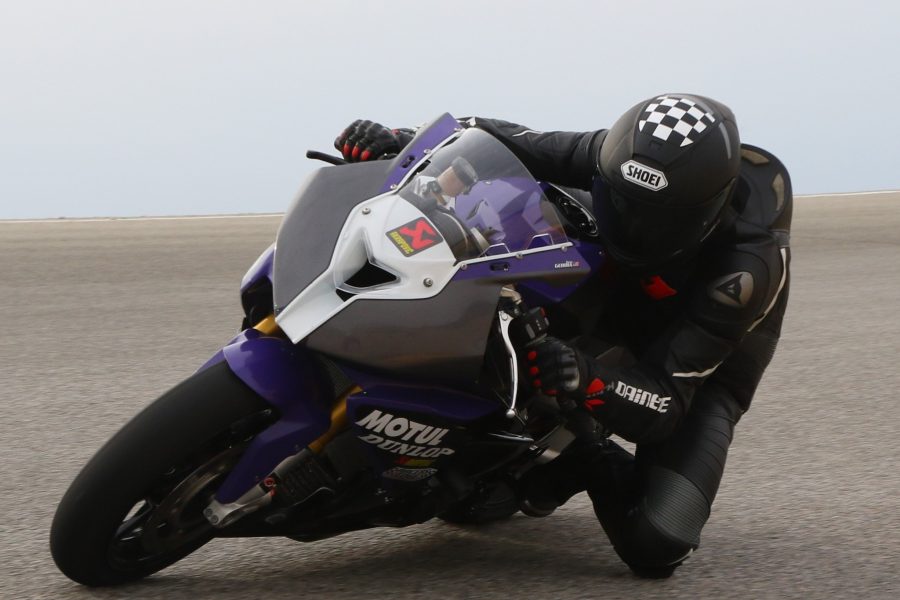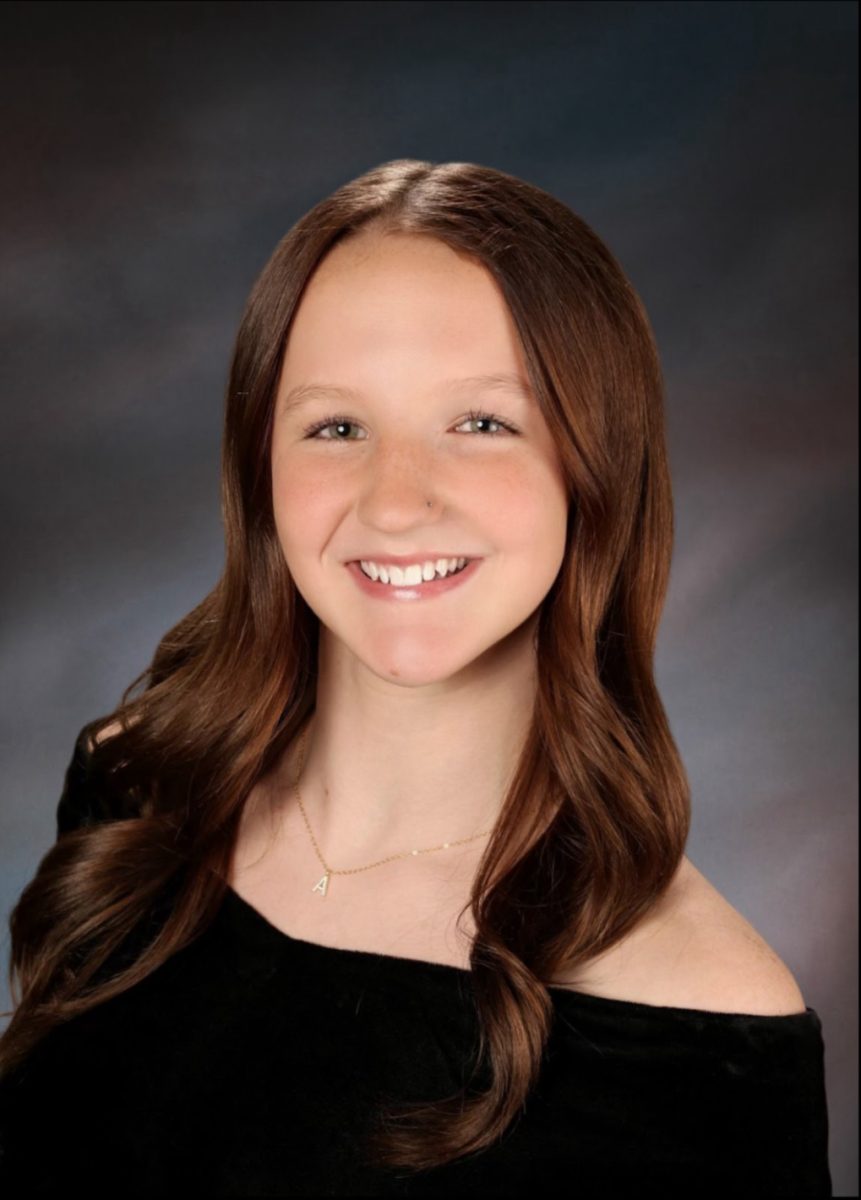The week was tiresome. Waiting at home was a pile of work that had to be done, and there’s an even bigger load of stress that has to be dealt with. The ways people choose to relieve this pressure comes in different ways. Some clean, some write, some sing, act, dance, draw, or do any number of things. But for IB coordinator Anthony Gebbia, that outlet is motorcycle racing.
Gebbia’s motorcycle racing career has spanned twenty years. His love for motorcycles was born when his father introduced it to him, and he’s loved the sport ever since.
“My father was insane about motorcycles,” Gebbia said. “Always had two or three in the garage, was always changing them, so there was just motorcycles around. So the second I could get on one, he had me on one. Then, when I got a little older, and most kids were getting their first car, I got a really big, fast motorcycle.”
Gebbia got his first motorcycle when he was sixteen, but started racing when he was in his late twenties. He had already been driving for twenty years, and decided he wanted to take it to the next level.
“It was just one of those things that I was dying to do the second I was able to do it,” Gebbia said.
Prior to motorcycle racing, Gebbia also had a bicycle racing career for most of his life. There he competed in teams, with sponsors that accompanied him when he travelled the world.
“It was like a puzzle you couldn’t solve,” Gebbia said. “You could always improve and get better at it… I noticed that in my life, I’ve always been attracted to things that it’s impossible to master.”
Gebbia said it was always fun and exciting for him. It’s complicated and thrilling. He described it as a rare experience that “puts you in the moment.”
“It’s one of those things that’s impossible to explain to somebody unless you could somehow stick them on the bike and have them experience it themselves,” Gebbia said.
Gebbia described the sensation as being incredibly complicated. When riding, it’s important to pay attention to the physics and geometry that go along with it. He said that you have to feel, sense, and calculate while riding.
“[Riding] helps you the way meditation helps you,” Gebbia said. “It’s mindfulness to me. And there’s very few things in my life—most people would probably agree—where they’re—like I said—in the moment.”
Gebbia will often go out to Chuckwalla Valley Raceway, a private track in California, located about three hours away from Las Vegas. He’ll also participate at Spring Mountain Motorsports Ranch in Pahrump. He goes about two times a month, and suggests going all the time to practice.
In his particular group, he says he is good, but admires professional racers such as Valentino Rossi.
“[The professionals] just have a level of skill that’s mind blowing… How fast they can be,” Gebbia said.
Gebbia is a privateer. That means he pays for all of the expenses that come with racing himself, and is fully responsible for maintaining his motorcycles. The cost of motorcycle racing does add up very quickly as well. Tires cost 400 dollars, and are only used for half a day. The cost of races, helmets, motorcycle maintenance, uniforms, and trips down to racetracks are all costs Gebbia must cover, but he loves the sport so much the costs seem worth it.
He also works with a private coach to help him get better, and he must go to classes over the weekend in order to enter races. Novices must take classes about motorcycle racing to even be considered for entering, and the difficulty of the racetracks increases as the racer’s experience does.
“On a racetrack, there’s so many things happening,” Gebbia said. “The bike is A, incredibly powerful, and the motorcycle geometry of the motorcycle changes infinitely and constantly. Like when the suspension compresses that actually changes the geometry of it. When the suspension extends is changes the geometry of it. That also changes the amount of friction and grip on the pavement, it’s physics. The whole time you’re riding you have to feel, sense, and calculate those things.”
Gebbia has never won any competitions, and says he loves doing track days more than competing. He does those much more often, and hasn’t competed in the last few years. Track days are meant just for racers to race on a track. There are no added elements of the stressful and unfun feelings competitions can bring, according to Gebbia. This sport is like meditation for him, so he likes to just enjoy the sport in the moment.








